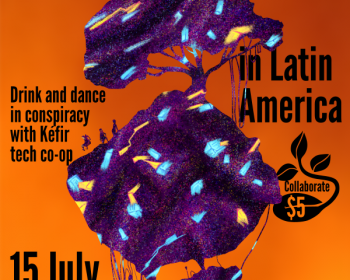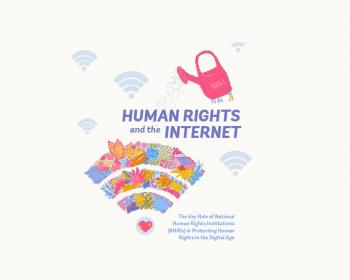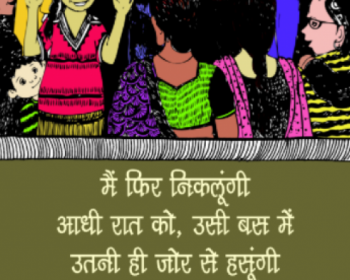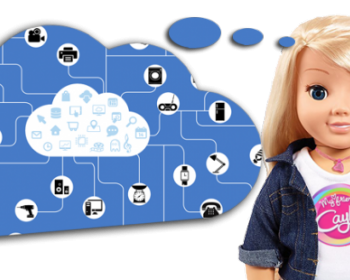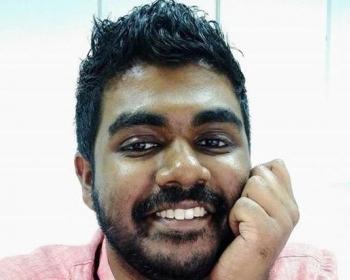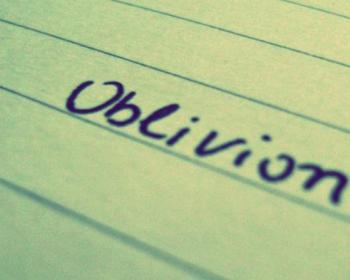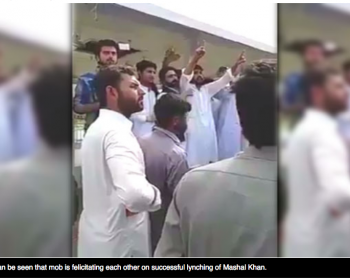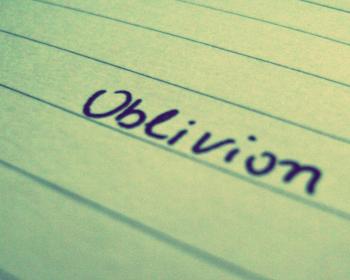Security and privacy
In late May the Guardian released the Facebook Files, leaked internal documents revealing how the company moderates content. Although Facebook has made some improvements, these documents confirm that it's often one step forward, one step back, as the platform continues to censor women's agency, especially women of colour and especially in relation to activism, while letting harassment flourish.
Established, autonomous ISPs have put together a fundraising event because they want to see their colleagues from a feminist ISP in the global South ferment and cultivate social justice. If you can't make it, you can still join our online campaign.
What can national human rights institutions (NHRIs) do to uphold and promote internet rights? We extend an invitation to NHRIs to be part of a worldwide movement that seeks to respect, protect and promote human rights in the digital age.
Bondita Acharya received death threats, as well as being threatened with acid attack, rape and gang rape, after condemning the arrest of three people for the possession of beef on 4 April 2017. The attacks on her include trolling on her Facebook account and other social media.
If an object has a chip, it becomes smart, and by extension our houses become smarter – and so do our cities, hospitals, toys, phones. But what about the inventors, the creators, the owners, the users of all these smart and tiny things – are we becoming smarter?
APC strongly condemns the murder of Yameen Rasheed, a prominent journalist, blogger, social media commentator and human rights defender in the Maldives. APC considers this killing as an outrageous and unconscionable attack on freedom of expression.
This submission highlights areas of concern that Social Media Exchange (SMEX) and APC hope will inform the Human Rights Committee’s consideration of the Lebanese government’s compliance with the International Covenant on Civil and Political Rights concerning Article 17, on the right to privacy.
Eighteen expert non-governmental organisations from across the world have filed legal submissions before France’s highest court, raising serious concerns about a ruling of France’s data protection authority on the “right to be forgotten”.
Bytes for All, Pakistan, APC and FORUM-ASIA strongly condemn the gruesome killing of 23-year-old Mashal Khan by a vigilante mob at Abdul Wali Khan University in Mardan for purported blasphemy, another case in which the state completely failed in providing protection to its citizens.
APC joined 17 NGOs from across the globe in a legal submission before France’s highest court, raising serious concerns about a ruling of France’s data protection authority on the “right to be forgotten”.

Association for Progressive Communications (APC) 2022
Unless otherwise stated, content on the APC website is licensed under Creative Commons Attribution 4.0 International (CC BY 4.0)




